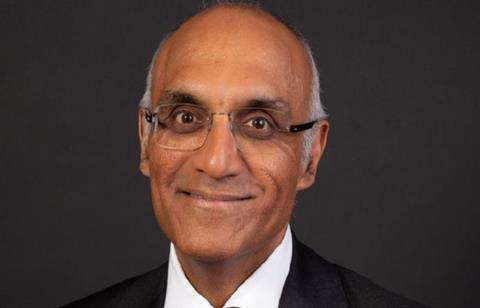
Given that employers are increasingly unwilling to bear the risks associated with defined benefit (DB) pensions, we need defined contribution (DC) schemes to provide the best benefits they can.
The collective, rather than individual, approach seems to have many benefits. There are those that say that individual DC schemes, if run better, could access these same benefits, such as smarter investing, including the 'illiquidity premium'. This may be true as regards the pre-retirement accumulation period, but the real issue with an individual DC scheme is that, upon retirement, it requires members to decumulate either via an annuity, which has the issue of being a one-off move out of reward-seeking investments, or via income drawdown, with the issue of members needing to guess their own longevity and a safe rate of drawdown from their individual pot, without any pooling of the risks involved.
The main challenge is getting the legislation right. There are critical issues around governance, transparency and communications; members must understand that this is not a DB scheme and that there are no guarantees of benefit outcome. But for employers, the key question will be whether the framework is legally robust, such that they can be entirely confident that the scheme cannot later be recharacterised as DB.
Do I think these challenges can be met? Yes, but it is going to take careful work by the legislators, and scheme sponsors may need to err on the side of caution when it comes to design, for example working on a 'DC plus' basis rather than 'DB light'. Do I think there will be mass take-up? Someone needs to be prepared to make the first move. But if one significant employer can prove the concept, then given the benefits the actuarial modelling seems to show, it is hard to see why others would not follow to get the best bang for their buck from their DC spend.
Sandeep Maudgil is partner at Slaughter and May
Read more...
Chris Curry: Are collective defined contribution schemes a viable option for the future of pensions?











